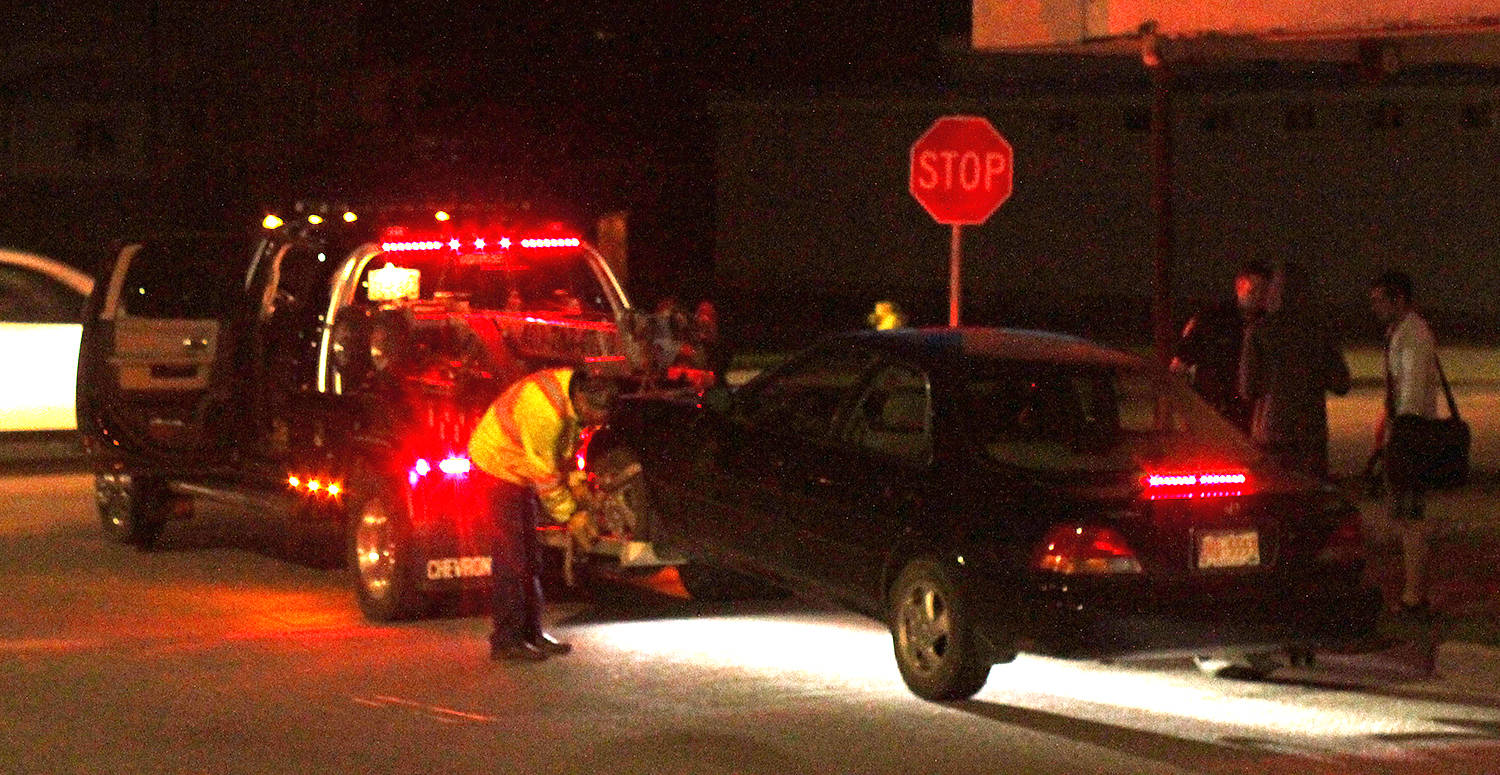A new bill brought through Legislature in November will bring changes to drunk driving charges in 2018.
Under Bill 29, which claims to be an “act to reduce cannabis and alcohol impaired driving,” officers will be given discretion on whether or not to criminally charge individuals who blow over the limit.
While officers will have discretion during road-side stops, for the most part first time offenders will be given “administrative sanctions” rather than criminal charges.
This means first time offenders will be faced with fines, roadside towing and licence suspensions in lieu of criminal charges.
The model is based on British Columbia’s own drunk driving laws.
Under this bill, drivers who blow over the limit will see a three month suspension of their licence, decided roadside. The driver will be able to regain their licence if the participate in the interlock program for one year. Refusal would mean the licence will remain suspended for another 12 months.
“This bill honours our commitment to maintaining safe roads and to deterring impaired driving through a robust program of provincial administrative sanctions,” said Minister of Transportation Brian Mason when introducing the Bill on Nov. 29.
“This will help keep all road users safe as we move into this uncharted territory as a nation in 2018…” Mason continued mentioning the upcoming federal decriminalization of cannabis.
The bill was created through the Ministry of Transportation with consultation from the public and law enforcement, according to Mason.
“What this bills means for Albertans is that our law enforcement organizations have the tools to get impaired drivers off the road immediately and consequences serious enough to deter
anyone from getting behind the wheel when impaired by any substance,” said Mason.
While the bill is said to help Albertan, there are still a number of unknowns tied to it, including how “how police services will actually enforce its provisions at roadside.”
In particular the bill is not ready for the upcoming legalization of cannabis. Many members spoke about needing more time, as this bill was rushed to be in place before the July 1 deadline.
Mike Ellis, MLA for Calgary-West, spoke about wanting to see a zero-tolerance policy included in the bill, which it is not.
“I believe that zero tolerance was something that we should have put in from a nonpartisan perspective for the safety of the individuals on the roads of Alberta,” said Ellis.
Members of the Legislative Assembly spoke in-depth about the need for officers to be trained for drug recognition and with the new technology which said to be ready for the legalization of marijuana.
Alberta’s government had to create changes to its current laws after an Alberta Court of Appeal decided in May that tying the suspension of a driver’s licence to the outcome of their court case was unconstitutional.
Alberta was given one year, by the Court of Appeals, to make changes to the transportation laws regarding impaired driving.
It was also done because the Province had to have something in place before the coming cannabis legalization.
While Bill 29 had its final reading in Legislature on Nov. 29, it has not yet been put into practise.
The Bill will come into affect in 2018, and the Ministry of Transportation says to expect further changes. Alberta Transportation will not confirm what changes are to be expected to the Bill in 2018, only that they are looking at options and talking to key groups.
“I do believe that the Transportation minister as well as this government did the best that they could given the situation that they were put under by the federal government. However, I believe that we could have made this better,” said Ellis.
megan.roth@sylvanlakenews.com
Like us on Facebook and follow us on Twitter



